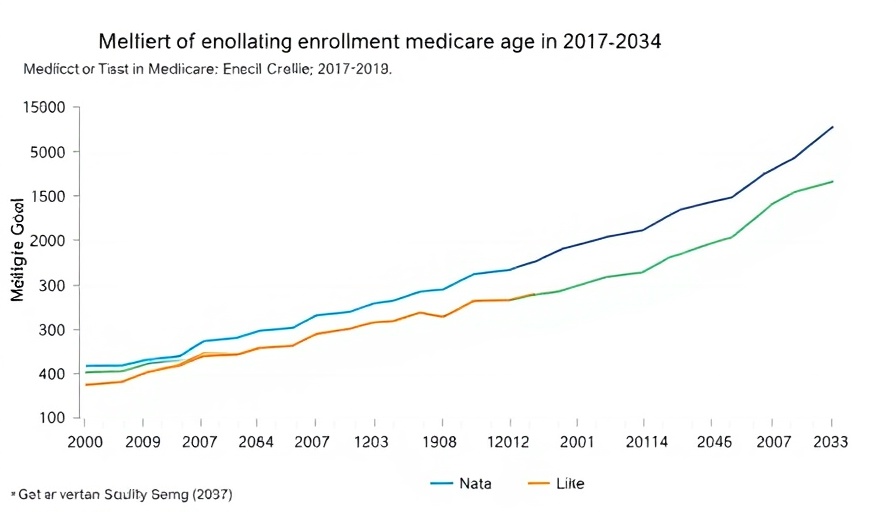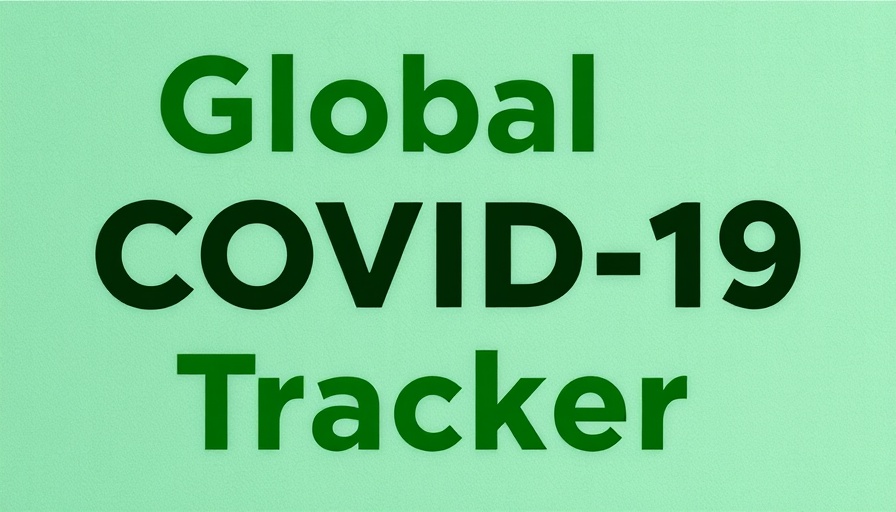
The Shift Toward Medicare Privatization: What’s at Stake?
As discussions around healthcare continue to evolve, many people are feeling the impacts of the Trump administration’s potential drive toward privatizing Medicare. This monumental shift could affect the healthcare system that covers over 68 million Americans. The trend toward Medicare Advantage plans has already seen a significant uptick, with projections suggesting that nearly two-thirds of all beneficiaries may soon be enrolled in private plans by 2033. This is concerning because while these private options often claim to offer added benefits, they may come with hidden costs that traditional Medicare safeguards against.
Consumer Protection or Profit?
While Medicare Advantage plans often attract seniors with the allure of supplemental benefits—like dental care and lower premiums—they come with downsides that many enrollees might not fully understand. Research indicates that the government pays these private insurers around 22% more per beneficiary than it would under traditional Medicare. This has resulted in inflated costs for beneficiaries, which translates to higher Medicare Part B premiums for everyone, including those who remain in traditional Medicare. The question remains: are beneficiaries truly better off under this system, or is it enriching private insurers at the expense of vulnerable seniors?
Implications for Personalized Care
The rapid growth of Medicare Advantage has raised alarms about the actual choice seniors have regarding their healthcare. The restrictive networks typical of these plans often limit access to various providers, ultimately compromising the quality of care. For instance, inaccurate online directories often lead to confusion about which specialists are available, potentially causing patients to encounter unexpected costs when seeking care outside their network.
What Can We Do?
Given the changes on the horizon, it’s essential for seniors and their families to be proactive. Now, more than ever, it’s crucial to stay informed about the details of Medicare Advantage plans versus traditional Medicare. Understanding these nuances can significantly influence healthcare decisions and budgeting. Reviewing policy changes, seeking out informational webinars, and consulting healthcare professionals about these options can equip seniors with the knowledge they need to make informed choices about their health coverage.
In Summary
As the landscape of Medicare continues to shift, the implications of privatization efforts are becoming clearer. While there may be benefits associated with private plans, they often come with complexities and challenges that could adversely affect beneficiaries. For the sake of those covered under Medicare and their families, a strong understanding of these systems and their impacts is paramount.
Now is the time to engage with local community health resources and policymakers to ensure that the needs of seniors are adequately represented. Being proactive can help safeguard access to quality healthcare that aligns with the needs of our evolving society.
 Add Row
Add Row  Add
Add 




Write A Comment